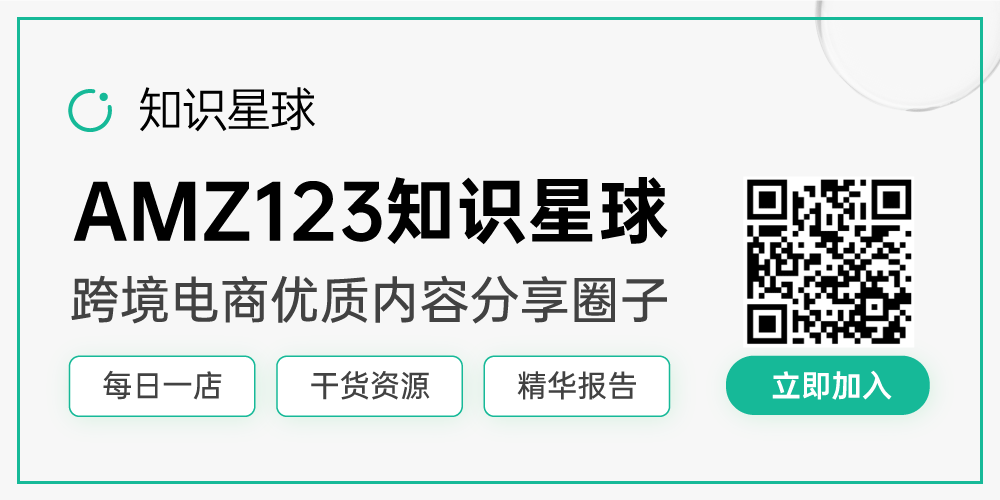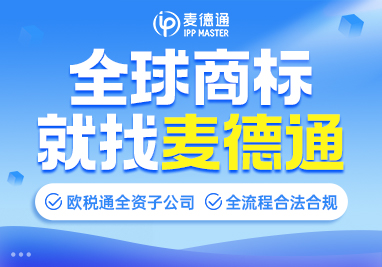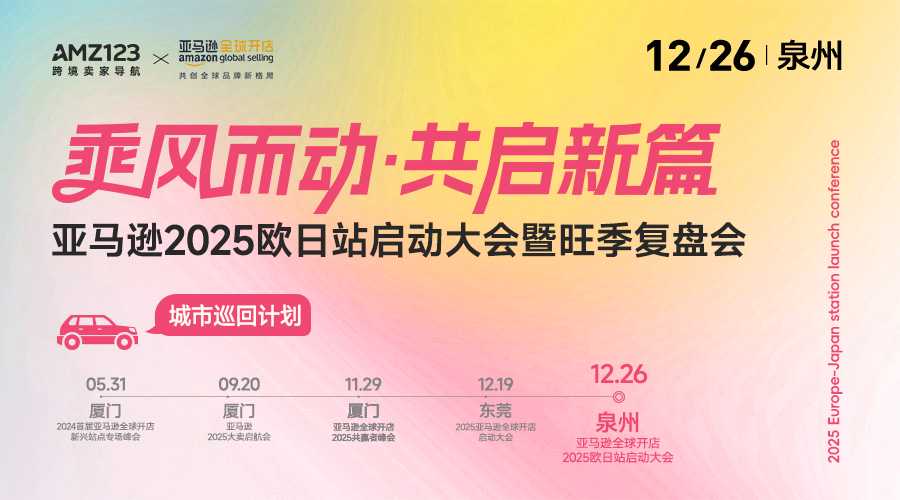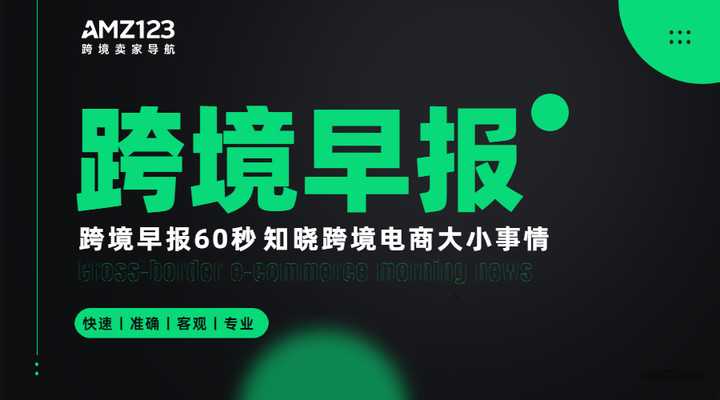题为 “变化的世界,变化的印度” 的讲座
很高兴听到新任命的印度外交部长苏杰生博士参加The Growth Net峰会时的讲座。
以下是笔者的一些笔记和录音节选:
关于世界的变化 1. 全球化正面临着压力----特别是在以下领域: 1. 供应链 2. 人才流动 3. 市场准入 2. 地方选举中产生的民族主义正在增长,主要有以下两种类型: 1. 由信心产生的民族主义 2. 由不安产生的民族主义 3. 全球再平衡:中国的崛起是最明显的表现,因为它改变了全球经济的相对比重。 上述三个变化是相互关联的,因此在如今世界的形势中找到正确的方向要比以前复杂很多。 • 世界就是这样----无论我们喜不喜欢; • 如果世界上有多个权力中心,你不应只参与到其中的某些,拒绝或忽略其余的权力中心。 关于印度的变化 来看一看选举结果: • 政府一直在维持并加强这个国家对变革的期望; • 大多数人认为印度在世界中的地位已经上升; • 与许多专家所认为的可能相反,印度人民关心世界如何看待印度; • 许多印度经济都是依靠外部的----这让有关公平贸易条款的谈判十分重要; • “谷仓效应”不单是印度政府的问题,而是任何大型组织都存在的问题; • 我们在许多领域都没做到位,例如我们在非洲的项目,我们没有合适的工具来概念化这些项目; • 很多公司只能在我们授予他们项目之后,才找得到合作伙伴---- 这会导致不理想的结果。我们需要在授予项目之前核查公司的合作伙伴是谁,以及他们的能力如何。 保持乐观 • 我的工作:控制风险并最大化机会 • 形势将变得更加复杂 - 但被打乱的全球供应链会创造新的机会; • 印度如今是一个3万亿美元的经济体,我们希望在未来几年内变为5万亿美元的经济体。 • 上述转变上一次发生在中国:我们应该看看那些年来在中国出现的机遇; 同时我们还要看看那些当时(中国)没有,但现在可为我们所用的工具或技术。 ENGLISH VERSION Dr. S Jaishankar on changing world, changing India by Jianggan Li It was a pleasure to listen to Dr. S Jaishankar, the newly appointed Minister for External Affairs of India, at the The Growth Net Summit. I took some notes and soundbites: Changes in the world 1. Globalisation is under stress – especially in the following areas: 1. Supply Chain 2. Mobility of Talent 3. Market Access 2. Growth of nationalism, validated electorally in many places, with two types: 1. Nationalism of confidence 2. Nationalism of insecurity 3. Global rebalancing: Rise of China is the sharpest manifestation of that, shifting relative weight of global economy. The three changes above are interrelated, and as a result navigating the world is much more complex than before. • The world is as it is – we might argue we like it or not; • If you have multiple power centres, you do not engage some and reject/ignore the rest. Changes in India: Just look at the election results: • The government has kept alive and strengthened the expectation of change in this country; • Majority of people in this country think India’s standing in the world has gone up; • Contrary to many experts might believe, people care about how the world views India; • A lot of Indian economy is external – therefore making it important to negotiate fair trade conditions; • Silos are not a government problem, but a problem with any big organisation; • We came up short in many areas, e.g. our African projects, we do not have the right tools to conceptualise these projects; • We award projects to companies who have to find partners afterwards – that leads to suboptimal results. We need to examine who their partners and what their capabilities are before awarding the projects Being optimistic • My Job: manage the risks & maximise opportunities • The landscape will become even more complicated – but disruption of global supply chain creates opportunities; • India is a US$3 trillion economy, we want to move to a $5 trillion economy in the next few years. • Last time this shift happened was in China: we should look at the opportunities that came out of China during those years, but also look at what tools/technologies that were not available then but can be used now. This article comes from The Low Down (TLD), a discussion club by the team at MomentumWorks. 公司简介 骞之和立志成为中国最大的企业出海平台,为中国的中小型企业提供一站式出海服务,在出海的各个环节,如信息获取,实地考察,投资关系管理和风险咨询等领域进行全方位服务。 同时,骞之和将连接中国与发展中国家的青年,为其职业发展提供支持,助力海内外企业、机构与个人。





































